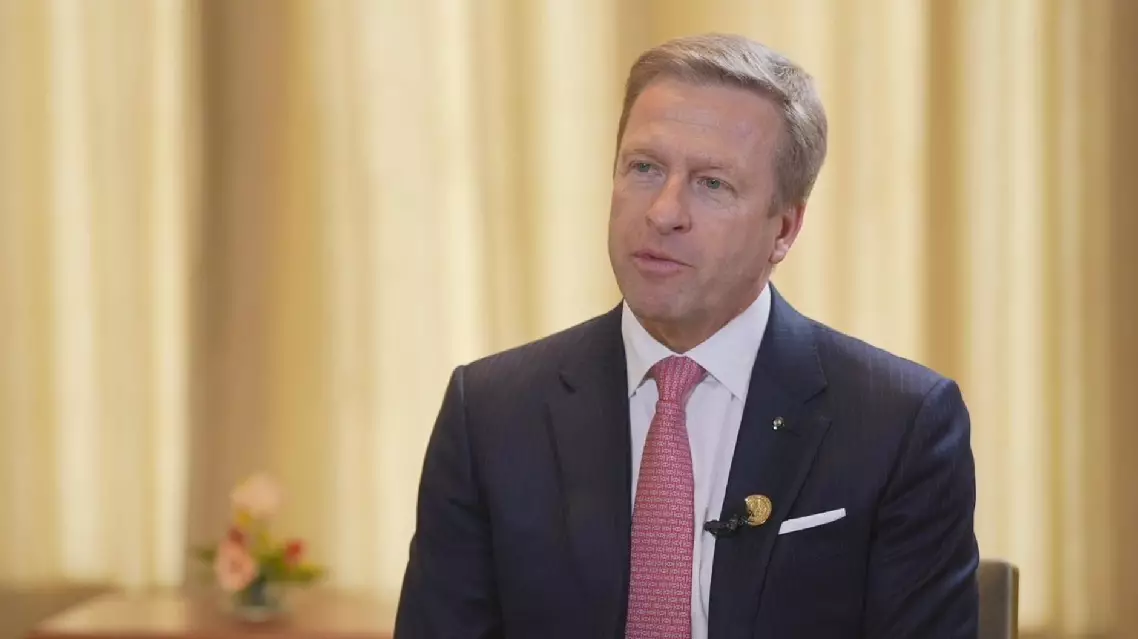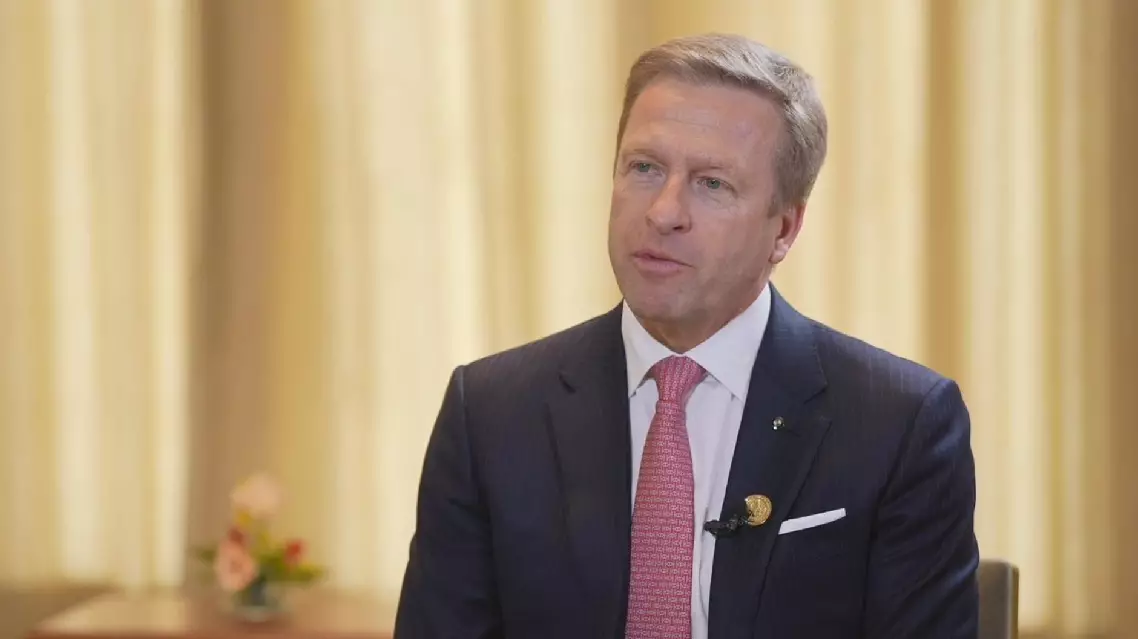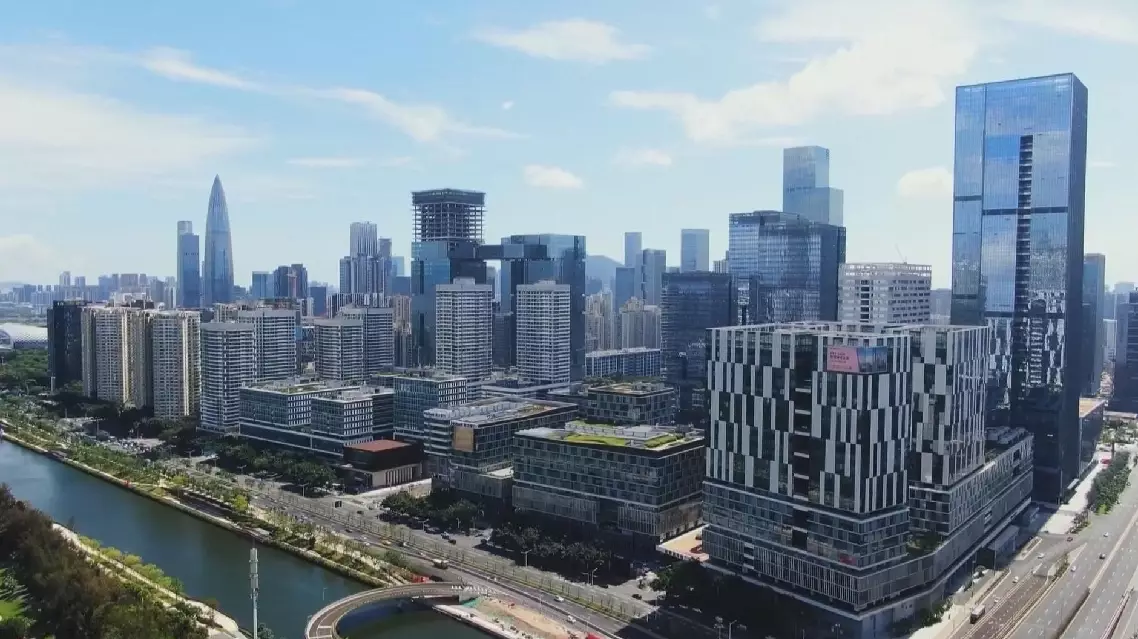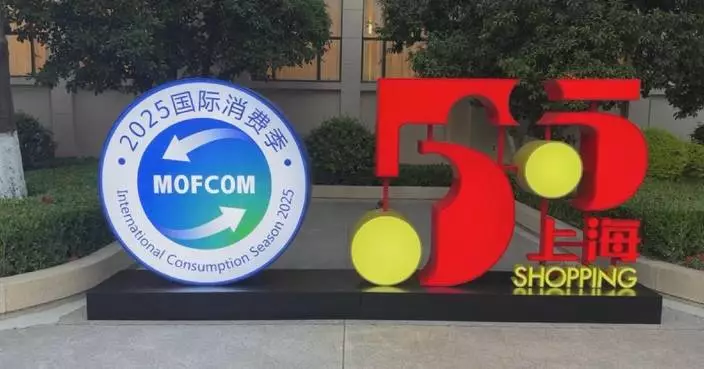Oliver Zipse, chairman of the board of management and CEO of BMW AG, on Sunday highlighted the company's deep integration with Chinese supply chains and reaffirmed its commitment to continue investing in the Chinese market.
Speaking on the sidelines of the 2025 China Development Forum, held in Beijing from March 23 to 24, Zipse highlighted China's crucial role in BMW's global supply chain, particularly in its electric vehicle (EV) battery partnerships.
"BMW is a global company. We're vividly connected with global supply chains. Many of them have some part also located here in China. Let's take vehicle batteries, for example. We have (Chinese) companies like CATL or EVE where we develop, blend and manufacture cells for our vehicles in China but also outside of China," said Zipse.
Emphasizing China's increasing importance for BMW since its entry in 1994, he reiterated the company's long-term confidence in the country, pointing to the huge portions of the population who do not yet own a car as cause for continued optimism.
"It's today by far our biggest single market we had. In the mid-term I remain optimistic because it's still the biggest car market in the world. And the mobility rate in China for its 1.4 billion inhabitants is still fairly low. So compared to Europe or the United States, there's still a large gap which can be fulfilled," said the company chairman.
He also praised the advanced technologies coming out of China, stating that BMW hopes to collaborate with China in exporting its innovations.
"The second positive thing I think is, it's a highly innovative market. So it's not only about this market, it's also about developing something here for the world. The whole technology export business, where we can profit from that also in Germany or other parts of the world. So generally we are still positive and we invest here and we want to be part of that society here as well," Zipse said.

BMW's 'vividly connected' global supply chains deeply embedded in China: CEO

BMW's 'vividly connected' global supply chains deeply embedded in China: CEO
China's National Development and Reform Commission (NDRC) will work with relevant departments and local authorities to take concrete steps to promote the implementation of the newly passed private sector promotion law, a landmark legislation concerning a vast economic force in the country, said an NDRC official.
China's top legislative body -the National People's Congress - passed the private sector promotion law on Wednesday, establishing a legal backing for the steady and healthy growth of the key sector, including more than 57 million private firms and over 100 million self-employed individuals.
This landmark law is China's first fundamental legislation dedicated to the private sector. It will bolster confidence among the vast community by improving the business environment, fostering innovation, and ensuring fair competition, according to NDRC, the country's top economic planner.
"The private sector promotion law has actively responded to the key concerns in the development of the private sector. Efforts are made to establish and improve relevant systems and enhance the enforceability of the systems, from ensuring fair competition, improving investment and financing environment, supporting technology innovation, focusing on regulated operation, optimizing services and guarantees, and improving rights and interest protection, to strengthening legal accountability, so as to ensure that all forms of ownership can equally utilize production factors by the law, participate in market competition fairly, receive equal legal protection, further unleash their complementary advantages, and pursue common development," said Liu Min, deputy director of Private Sector Development Bureau under NDRC.
Liu added NDRC will continue to work together with relevant departments and local authorities to improve supporting systems and mechanisms and take concrete steps to promote the implementation of the private sector promotion law.
"We will make continuous and increasing efforts to remove barriers to market access and to fair competition, to address the issue of overdue payments to private enterprises, to protect the lawful rights and interests of private businesses and entrepreneurs by the law, to implement various relief policies, to help private enterprises shoulder their responsibilities of the era, so as to help translate legal systems into concrete actions and tangible outcomes that promote the high-quality development of the private sector," said Liu.

Concrete steps to take for firmly implementing China's landmark private sector promotion law: official






















































